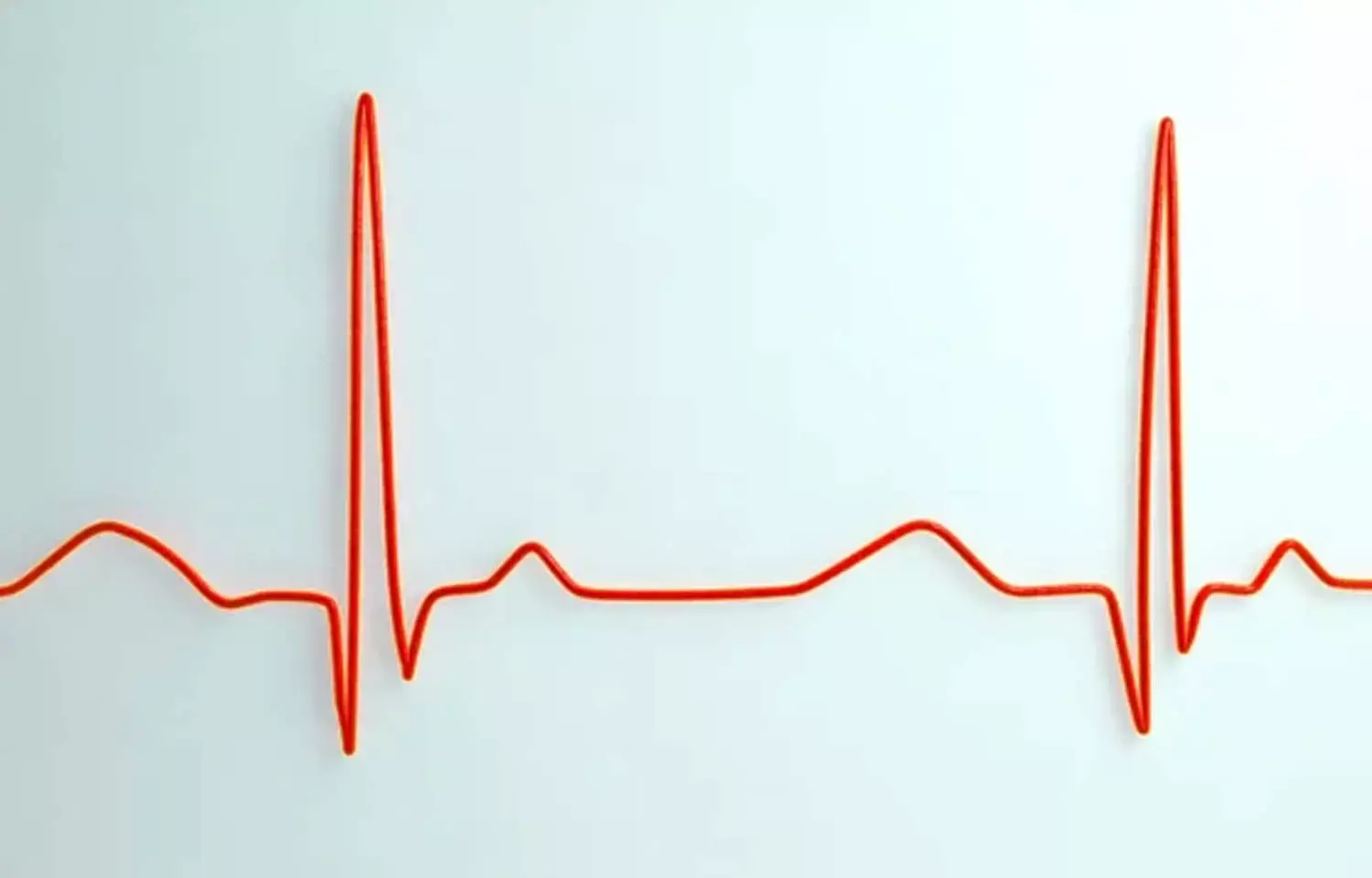- Home
- Medical news & Guidelines
- Anesthesiology
- Cardiology and CTVS
- Critical Care
- Dentistry
- Dermatology
- Diabetes and Endocrinology
- ENT
- Gastroenterology
- Medicine
- Nephrology
- Neurology
- Obstretics-Gynaecology
- Oncology
- Ophthalmology
- Orthopaedics
- Pediatrics-Neonatology
- Psychiatry
- Pulmonology
- Radiology
- Surgery
- Urology
- Laboratory Medicine
- Diet
- Nursing
- Paramedical
- Physiotherapy
- Health news
- Fact Check
- Bone Health Fact Check
- Brain Health Fact Check
- Cancer Related Fact Check
- Child Care Fact Check
- Dental and oral health fact check
- Diabetes and metabolic health fact check
- Diet and Nutrition Fact Check
- Eye and ENT Care Fact Check
- Fitness fact check
- Gut health fact check
- Heart health fact check
- Kidney health fact check
- Medical education fact check
- Men's health fact check
- Respiratory fact check
- Skin and hair care fact check
- Vaccine and Immunization fact check
- Women's health fact check
- AYUSH
- State News
- Andaman and Nicobar Islands
- Andhra Pradesh
- Arunachal Pradesh
- Assam
- Bihar
- Chandigarh
- Chattisgarh
- Dadra and Nagar Haveli
- Daman and Diu
- Delhi
- Goa
- Gujarat
- Haryana
- Himachal Pradesh
- Jammu & Kashmir
- Jharkhand
- Karnataka
- Kerala
- Ladakh
- Lakshadweep
- Madhya Pradesh
- Maharashtra
- Manipur
- Meghalaya
- Mizoram
- Nagaland
- Odisha
- Puducherry
- Punjab
- Rajasthan
- Sikkim
- Tamil Nadu
- Telangana
- Tripura
- Uttar Pradesh
- Uttrakhand
- West Bengal
- Medical Education
- Industry
Anemia in patients with abnormal heart rate linked to increased mortality: Study

Germany: The presence of anemia in patients with ventricular tachyarrhythmias is associated with increased mortality at 2.5 years, researchers report in The American Journal of Cardiology. However, at the same time duration, anemia presence was not associated with the composite arrhythmic endpoint.
LVEF <35%, CKD, cardiogenic shock, male gender, CPR, and age were revealed as predictors of adverse prognosis at 2.5 years.
Michael Behnes, University of Heidelberg, Germany, and colleagues aimed to evaluate the prognostic impact of anemia in patients presenting with ventricular tachyarrhythmias in a longitudinal, observational, registry-based, monocentric cohort study.
The researchers included retrospectively and consecutive patients presenting with ventricular tachyarrhythmias on admission from 2002 to 2016. They compared anemic patients (hemoglobin levels <12.0 g/dl) with non–anemic patients (hemoglobin levels ≥12.0 g/dl).
The primary endpoint was all-cause mortality at 2.5 years. Secondary endpoints were cardiac death at 24 hours, all-cause mortality at index hospitalization, and the composite endpoint of cardiac death at 24 hours, recurrent ventricular tachyarrhythmias, and appropriate ICD therapies at 2.5 years.
Of the total 2,184 consecutive patients, 30% were anemic and 70% non–anemic.
The study revealed the following main findings:
- Anemia was associated with the primary endpoint of all-cause mortality at 2.5 years (65% vs 29%; HR = 2.441), cardiac death at 24 hours (26% vs 11%), all-cause mortality at index hospitalization (45% vs 20%), and the composite endpoint (35% vs 27%; HR = 2.923).
- After multivariable adjustment, anemia was no longer associated with the composite endpoint.
- Predictors of adverse prognosis for anemics were CKD (HR = 2.191), LVEF <35% (HR = 1.651), cardiogenic shock (HR = 1.591), CPR (HR = 1.460), male gender (HR = 1.379), and age (HR = 1.017).
"Our findings revealed that anemic patients presenting with ventricular tachyarrhythmias were associated with increased long-term mortality at 2.5 years but not with the composite arrhythmic endpoint at 2.5 years," concluded the authors.
Reference:
"Effect of Anemia on the Prognosis of Patients with Ventricular Tachyarrhythmias," is published in the American Journal of Cardiology.
DOI: https://www.ajconline.org/article/S0002-9149(21)00524-5/fulltext
Dr Kamal Kant Kohli-MBBS, DTCD- a chest specialist with more than 30 years of practice and a flair for writing clinical articles, Dr Kamal Kant Kohli joined Medical Dialogues as a Chief Editor of Medical News. Besides writing articles, as an editor, he proofreads and verifies all the medical content published on Medical Dialogues including those coming from journals, studies,medical conferences,guidelines etc. Email: drkohli@medicaldialogues.in. Contact no. 011-43720751


